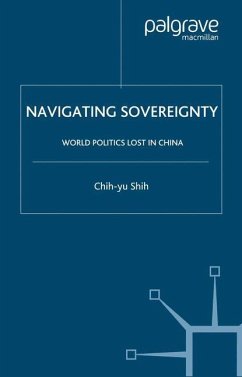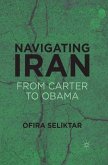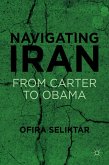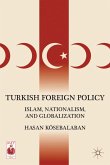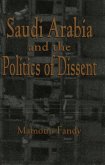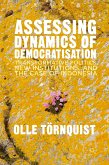In this book, the author undertakes a postcolonial analysis of identities the Chinese state uses to confront world politics and globalization. Because these identities are created at the confluence of Western modernity and Confucian tradition, two elements that are continually reinterpreted themselves, the result is an ambiguity regarding the identities best suited to explain Chinese behavior. The author argues that this uncertainty is not a new condition but one that reaches back to end of the nineteenth century. It is by understanding this ambiguity surrounding identities that will in turn help present -day authorities predict the future course of Chinese behavior in world politics.
"This is an iconoclastic book. A reader with an open mind, seeing the new meanings that Shih finds in old concepts, can learn much here both about China and about international relations theory. Shih throws fresh light on general notions like "state" or "negotiation," as well as on Chinese topics like the perennial semi-other Japan or cross-Strait relations. Mark Twain, Lee Teng-hui, Edward Said, mathematical modelling, and Zhou Enlai all provide grist for this large mill. Shih criticizes statists (realists, liberals, and constructivists alike) for justifying violence. He shows that power is a purpose of policy. He explores motives, not just interests. He shows how territorial sovereignty has been inadequate as the essence of a Chinese state, even in modern times." - Lynn T. White III, Princeton University
"This is a rare and rigorous analysis. The more you digest it, the more you get out of it, and the more it provokes your thinking, the deeper it makes you want to go." - Dr. Sheng Li Jun, Senior Fellow, Institute of Southeast Asian Studies, Singapore
"Chih-yu Shih has given us a book that forces us to see China and its relationship to the larger world beyond its borders in hosts of new and very different ways. Using theories derived from or adapted from post-modernist and post-colonial thought, the author introduces us, in chapter after lively and provocative chapter, to sets of concepts that force us to redefine the very way we conceive of Chinese history and the way we see successive Chinese governments interact with nations in Asia and nations in the west. The teacher of Chinese history, Chinese politics and Chinese foreign relations now can, with Shih's set of China-centered analytical constructs, chart out new modes of understanding previously accepted truths about the nature of the Chinese political system, its foreign policy mechanisms, and their underlying ideological frameworks. This is very challenging and a very important book." - Murray A. Rubinstein, Chair, the Asian/Asian American Studies Program, Baruch College-CUNY
"This is a rare and rigorous analysis. The more you digest it, the more you get out of it, and the more it provokes your thinking, the deeper it makes you want to go." - Dr. Sheng Li Jun, Senior Fellow, Institute of Southeast Asian Studies, Singapore
"Chih-yu Shih has given us a book that forces us to see China and its relationship to the larger world beyond its borders in hosts of new and very different ways. Using theories derived from or adapted from post-modernist and post-colonial thought, the author introduces us, in chapter after lively and provocative chapter, to sets of concepts that force us to redefine the very way we conceive of Chinese history and the way we see successive Chinese governments interact with nations in Asia and nations in the west. The teacher of Chinese history, Chinese politics and Chinese foreign relations now can, with Shih's set of China-centered analytical constructs, chart out new modes of understanding previously accepted truths about the nature of the Chinese political system, its foreign policy mechanisms, and their underlying ideological frameworks. This is very challenging and a very important book." - Murray A. Rubinstein, Chair, the Asian/Asian American Studies Program, Baruch College-CUNY

